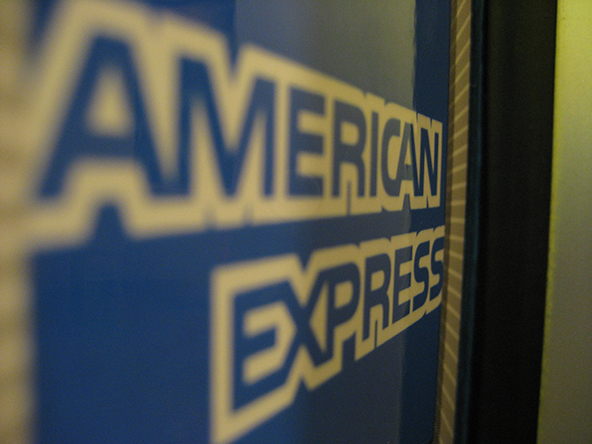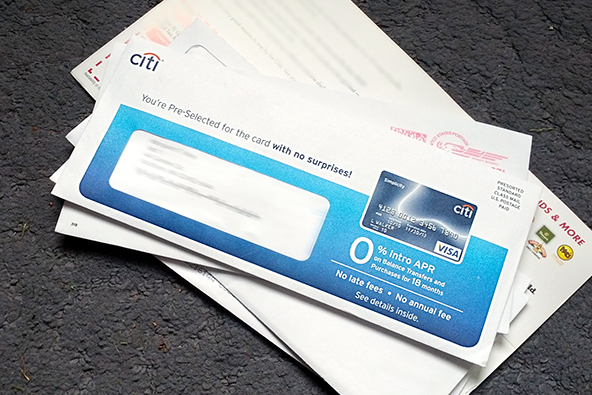American Express Cozies Up to Merchants, Tries to Prevent a Revolt

In a very interesting development, American Express has begun reaching out to merchants in an attempt to prevent a repeat of the 1991 “Boston Fee Party,” we learn from Bloomberg’s Peter Eichenbaum.
AmEx’s PR campaign comes on the heels of the company’s decision from earlier this month to refuse to settle the Justice Department’s anti-competitive behavior lawsuit. For their part, larger rivals Visa and MasterCard both reached an out-of-court settlement with the government on similar charges, allowing merchants to offer discounts to consumers using certain types of cards or to steer customers towards cash, check or other forms of payment. However, American Express’ decision to fight the government in court prevents merchants accepting its cards from taking advantage of Visa’ and MasterCard’s settlements.
The new initiative is clearly designed to help AmEx garner merchant support ahead of the bank’s showdown against the Justice Department. In the words of Bill Glenn, president of global merchant services at New York-based AmEx, as quoted by Eichenbaum:
We certainly wanted to reach out and proactively communicate with as many of them as possible to talk through the suit and why we took the position that we did. We know we have to prove value to them, or they don’t need to accept us.
But the biggest U.S. issuer by purchases will have their work cut out for them. American Express’ card processing fees are significantly higher than its rivals’. Again from Eichenbaum’s piece:
Retailers paid AmEx an average of 2.56 percent on each credit-card transaction in the three months ended June 30, according to the company’s second-quarter financial supplement. The debit- and credit-card?árates Visa and MasterCard post online don’t provide weighted averages just for credit transactions. The?áNilson Report, an industry newsletter, estimated the fees averaged 2 percent in 2008. AmEx doesn’t issue debit cards.
The difference is quite substantial, even though it has narrowed significantly in the past twenty years. Back in 1991 several Boston restaurants took exception to AmEx’s high merchant fees and stopped accepting the bank’s cards altogether. Back then, according to Wikipedia, American Express merchant fees averaged about 4 percent, compared to 1.2 percent for Visa and MasterCard (these figures are questionable, but there is no doubt that the gap was exceptionally wide).
The 1991 restaurateurs’ revolt, known as the “Boston Fee Party,” quickly spread out to cities all over the country, including New York City, Chicago, and Los Angeles. More than 250 restaurants nationwide joined the boycott. Eventually, AmEx negotiated its way out of trouble, and gradually reduced its merchant fees.
American Express will certainly try to avoid a repeat of the 1991 merchant revolt. This time, however, it also has to deal with DoJ’s lawsuit. It seems very likely that, when the whole hullabaloo is over, a fee reduction will again prove to be the way out of trouble for the company.
Image credit: Wikimedia Commons.


